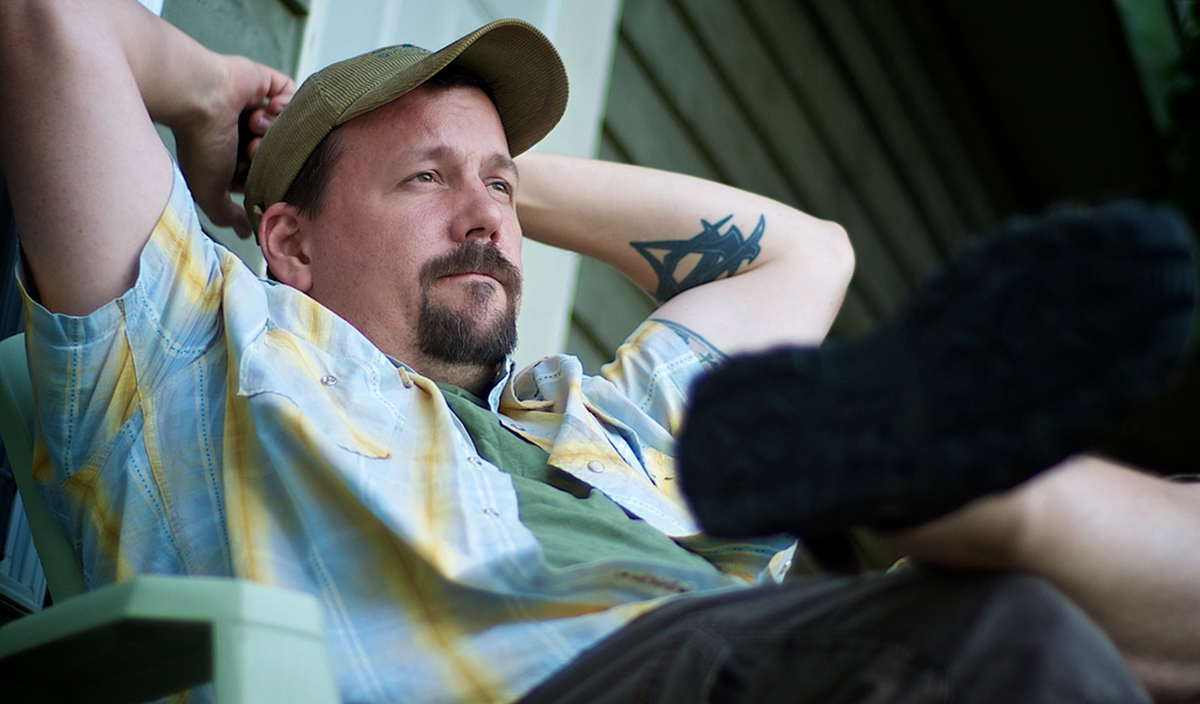Table of Contents
How Does Fear Make You Feel, And How Do You Respond?
We all react to fear slightly differently. How do you feel when you are frightened or anxious? Do you feel sweaty, shaky, and jittery? Do you experience more serious physical symptoms, like chest pain, breathing difficulties, choking, muscle cramps, diarrhea, feeling cold? Can you think clearly while you are in the grip of fear, or does your brain seem to stop working?

Some people react to fear by shutting down, while others become restless and start talking a lot. Some cry, while others become aggressive. The fight-flight-freeze response is one in which the intuitive part of the brain makes decisions for us, before the cognitive part of the brain has any chance. What tends to be your reaction?
Overcoming Episodes Of Fear And Anxiety
Once you have identified what triggers fear and anxiety, how fear makes you feel, and how you respond to it, you can evaluate what makes you feel safer. While you may have sought things that make you feel safer out instinctively, consciously analyzing what comforts you will enable you to use this knowledge as a tool. Because these things are highly individual, it is important to acquaint yourself with your own personal comforts.
- Seeking connection with the meaning of life. "Big things" fall into this category. If you are religious, connecting to God through prayer or rituals may help you feel safer. If you are not religious, meditation can fulfill this role. Nature, including the sun, moon, or ocean can also fall into this category. Some people feel comforted when they think of the past and home, while others relax when they think of future hopes and dreams. Reading books with a particular meaning to you may be of immense help as well.
- Physical experiences. Some people need physical experiences to calm down and feel safer. These may include running or another form of exercise, the presence of water (a bath, for instance) or fire (sitting by the fireplace or a barbecue), talking to people you love, rhythmical breathing, yoga, knitting, eating or cooking, create outlets like painting or journaling and interacting with plants or animals.
- Experiencing autonomy. For some, particularly trauma victims, experiencing physical autonomy in a conscious manner can make a huge difference during an episode of fear or anxiety. Activities that fall into this category are rather varied. They may include realizing you have freedom of movement and exercising it, or helping others whose autonomy has been impaired. This may come in the form of volunteering in the community or helping people in your own life. Reducing your communication with people you believe to be untrustworthy or unlikable also fits into this category.
See Also: Natural Remedies for Anxiety
Not every fear-fighting technique will work for every individual, so figuring out which relaxation techniques for anxiety is most likely to help you feel safer is a huge step. Once you know whether you are comforted by seeking connection with the meaning of life, physical experiences, or exercising control over your own life, you can start to experiment. Most people will benefit from a combination of different activity choices.
- Photo courtesy of sprout_creative by Flickr : www.flickr.com/photos/sprout_creative/6339082427
- Photo courtesy of bark by Flickr : www.flickr.com/photos/barkbud/4726234360


Your thoughts on this